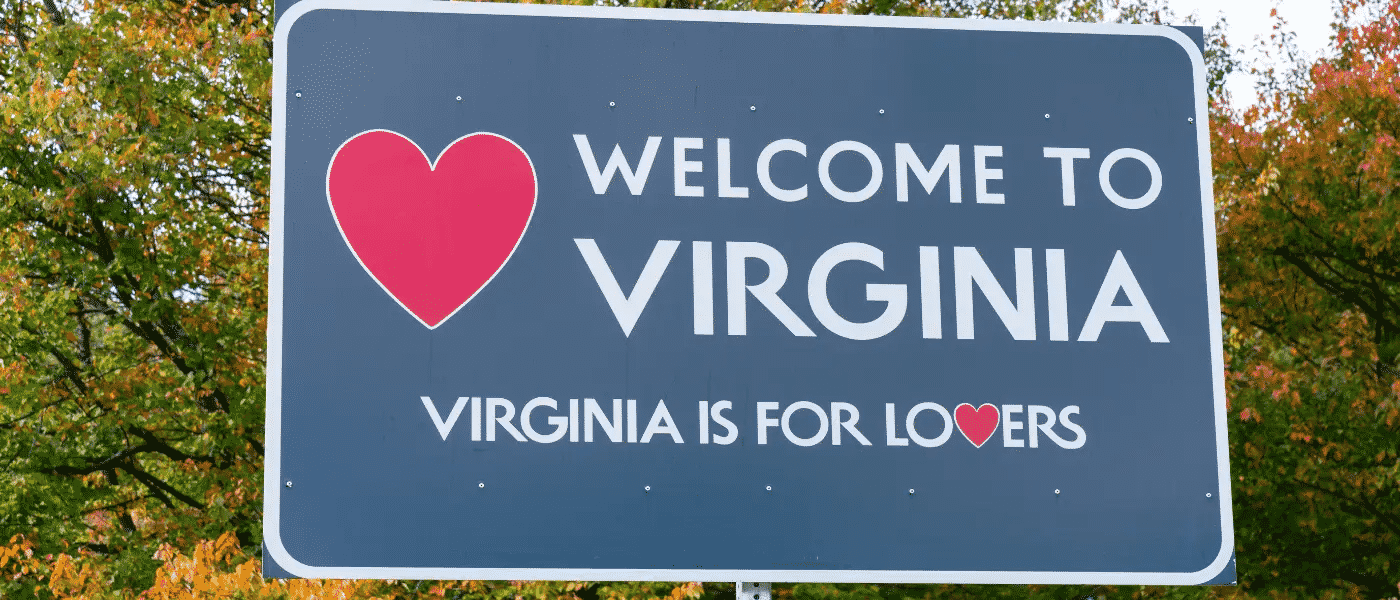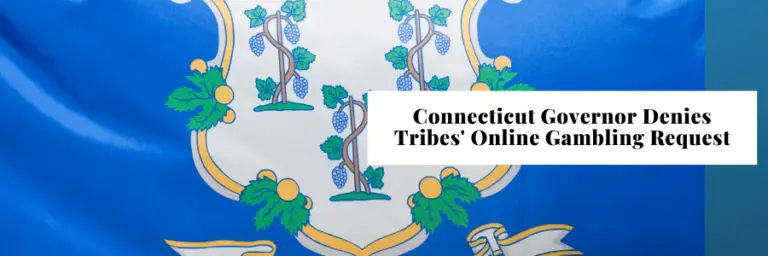Virginia Bill Ends Loss-Carryover and Promotional Deductions

Update: The Virginia bill discussed below failed to pass, but lawmakers added similar language to the state budget later in the year to end promotional deductions after 12 months.
With tax revenue not living up to expectations, Virginia is the first state to think about revisiting its sports betting tax structure. First reported by Becca Giden of Eilers & Krejcik Gaming, a new bill seeks to eliminate loss-carryover limit promotional deductions to the first 12 months of operations.
Per the Summary of HB 1103:
“Prohibits sports betting operators from excluding bonuses and promotions from taxable revenue after the first 12 months of wagering activity. The bill also eliminates the ability of sports betting permit holders, when calculating taxable revenue, to carry over losses on a monthly basis.”
HB 1103 was introduced by Delegate Mark Sickles on January 12. The bill hasn’t been referred to a committee yet and doesn’t have any cosponsors.
If enacted, HB 1103 would remove the loss-carryover provision and limit promotional deductions to 12 months from the operator’s launch:
For the purposes of this section, a permit holder may exclude from adjusted gross revenue the value of allowable bonuses and promotions as follows:
Through the first 12 months of wagering activity, the value of all bonuses or promotions provided to bettors as an incentive to place or as a result of their having placed Internet sports betting wagers;
After the first 12 months of wagering activity, a permit holder is prohibited from excluding from adjusted gross revenue any bonuses or promotions provided to bettors as an incentive to place or as a result of their having placed Internet sports betting wagers.
Virginia Discontented with Tax Revenue
The Virginia sports betting industry launched in January 2021. The state has been prosperous, tallying roughly $2.8 billion in handle and $254 million in revenue in its first 11 months. However, that prosperity hasn’t carried over to tax payments. The state has received $18.6 million, which is roughly 7% of revenue. That is well below the state’s 15% tax rate, and the reason is promotional deductions and loss-carryover.
Lower than expected taxes are not unique to Virginia. Several states are experiencing tax payments far below the expected amount as operators seed the market with promotional credits to capture market share. So, as Giden speculated, Virginia is unlikely to be the only state to revisit its sports betting law.
In a previous column, we looked at the effective tax rates in ten different sports betting states. Several that allow promotional deductions are seeing parsimonious tax payments.
With an effective tax rate of about 4.5%, Colorado is collecting less than half of its 10% tax rate. Michigan is even lower, with an effective tax rate of 3.4%, far below the 8.4% tax rate the state imposed.







